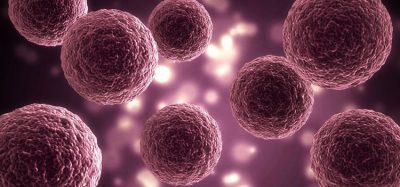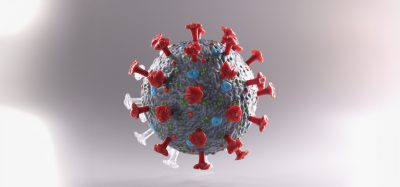Pre-clinical study shows significant increase in effectiveness of breast cancer immunotherapy
Posted: 23 March 2022 | Ria Kakkad (Drug Target Review) | 1 comment
Scientists have discovered the essential role of a ligand-dependent corepressor to potentially enable cancer cells to present tumour antigens on their surfaces.


New research by the Cancer Programme at the Hospital del Mar Medical Research Institute by the Cancer Stem Cells and Metastasis Dynamics Laboratory, Spain has discovered an approach that fundamentally increases the success rate of immunotherapy against triple-negative breast cancer.
The study, which was recently published in Nature Cancer, found that tumour stem cells are the leading cause of immunotherapy resistance in this subtype of breast cancer — these cells are invisible to the immune system, therefore making immunotherapy ineffective. The study also offers a promising solution by using a new therapeutic approach in pre-clinical models that makes cancer stem cells visible to the immune system so that they can then eliminate the tumour.
This subpopulation of more aggressive cells may represent between five and 50 percent of the entire tumour population in triple-negative breast cancer. In addition, they have low levels of ligand-dependent corepressor (LCOR) factor, which plays a key, but a previously unknown role in allowing cells to present antigens on their surface, molecules that enable the immune system to differentiate normal cells from tumour cells and attack the latter. Consequently, in the case of tumour stem cells, the low presence of this LCOR factor makes them invisible to the body’s defences. As a result, these cells are resistant to breast cancer immunotherapy, which has a relatively low success rate in current clinical practice.
Using mouse models, the researchers demonstrated how this situation can be reversed when the LCOR gene is activated in this type of cell, setting in motion the machinery that allows the immune system to detect the tumour. Furthermore, the researchers were able to see how, by combining this approach with immunotherapy, the treatment response rate was total and all tumours were eliminated, curing the mice in the long term. This prevents both the recurrence of cancer and the generation of resistance.
Inspired by the technology used to design messenger RNA vaccines for COVID-19, the researchers decided to use a similar strategy to transport and deliver LCOR gene RNA into tumour cells and trigger its function. Biological nanovesicles were developed to carry this information and were shown to do so successfully, preventing the tumour stem cells from remaining invisible.
This strategy may be applicable to other types of breast cancer and other tumours, however more research and clinical trials in humans are needed first. The researchers plan to investigate therapeutic strategies that may lead to clinical trials and explore whether they can apply to other tumours.
Related topics
Clinical Trials, Disease Research, Drug Discovery Processes, Drug Leads, Drug Targets, Gene Testing, Immuno-oncology, Immuno-oncology therapeutics, Immunotherapy, In Vivo, Ligands, Research & Development, RNAs, Stem Cells, Technology, Therapeutics
Related conditions
Breast cancer, Triple-negative breast cancer









Thank you for sharing such useful info.